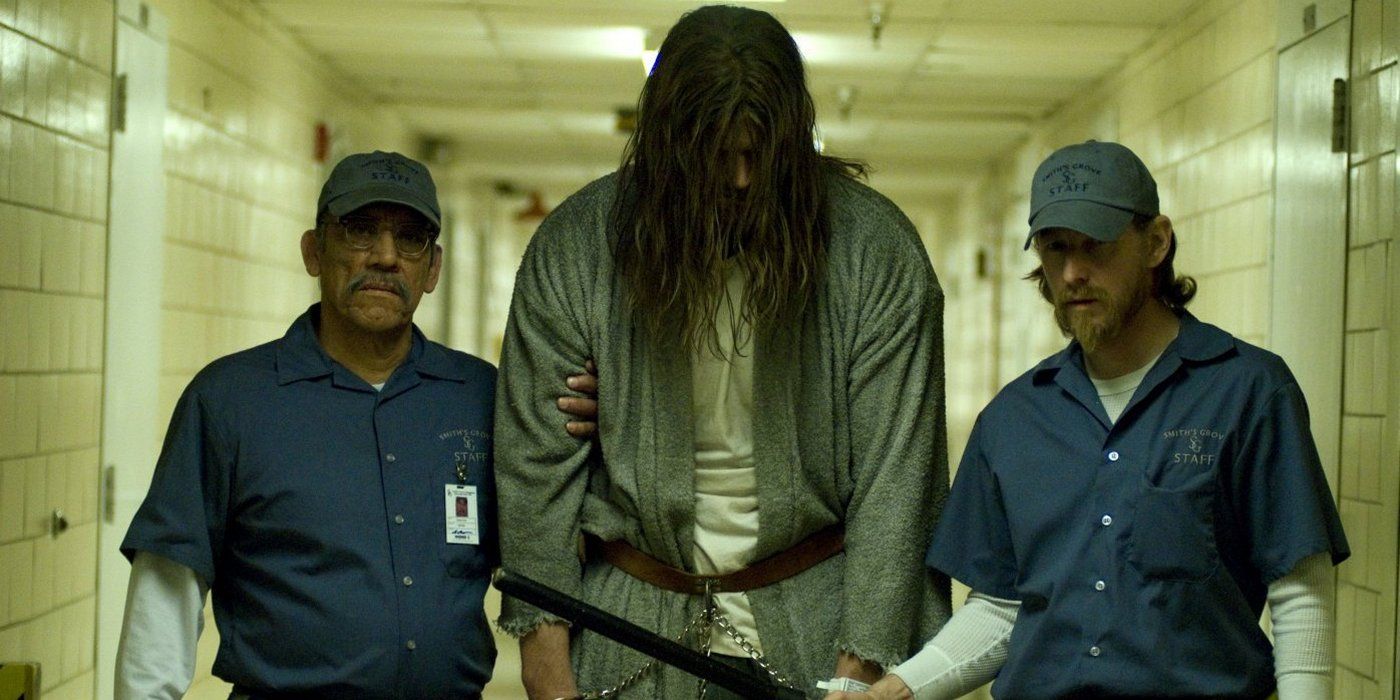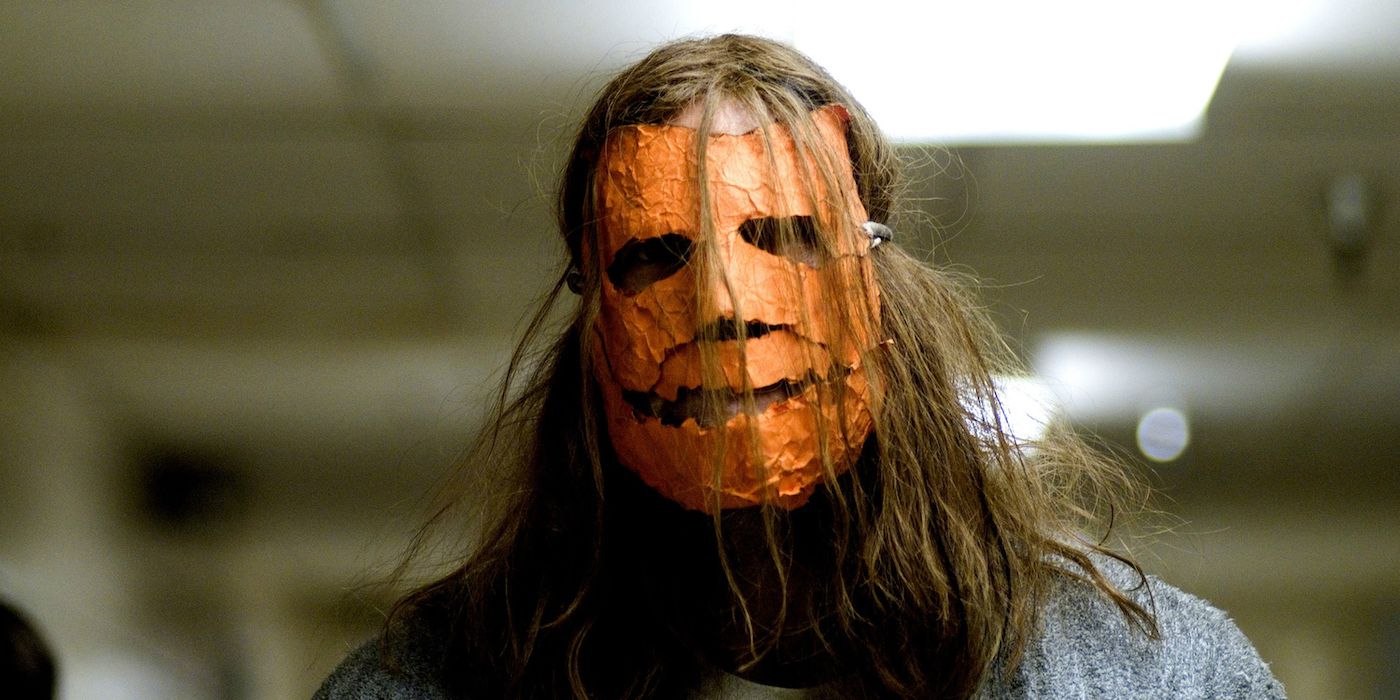Halloween’s Michael Myers is known to be an unstoppable killing machine, but Rob Zombie’s take on the material got pretty close to offing the Shape, which could have been a good thing for the franchise.
Michael Myers is the type of slasher villain who always takes a heavy amount of damage. Throughout the films, he has collectively endured barrages of gunfire, severe fire damage, and copious amounts of stabbing. In spite of all of this carnage, none of it ever seems to stick with Michael. Jason Voorhees at least shows a little wear and tear between each Friday the 13th film. Moustapha Akkad had a firm rule in place that Michael Myers couldn’t be killed in any of the sequels. This it what notoriously brought him back to life after a decapitation in Resurrection. Zombie didn’t seem to keep much sacred when it came to the rules of the franchise, but it’s perhaps this contingency that kept Michael alive throughout his films.
Rob Zombie’s Halloween films took many liberties, especially with Michael and his family, but they could have gone even further by ending Michael entirely. It would be an incredibly drastic move, but doesn’t seem beyond what Zombie would do, and would have also helped him make these movies even more distinctly his own. This decision would have no doubt outraged audiences, but plenty were already upset over Zombie’s decisions, so going in a whole new direction might have been the best choice possible for his sequel. Halloween III: The Season of the Witch didn't feature Michael at all. Zombie may not officially terminate Michael Myers, but the final events of Halloween push the scale pretty far in that direction and would have led to a very different sequel.
Halloween Seems To Eliminate Michael Myers
Halloween’s ending is quite the bloody affair. Michael receives a number of stabbings courtesy of Laurie and then takes gunfire from Loomis. After all of this, both Michael and Laurie endure a massive fall. The final touch here is that Laurie doesn’t show any sympathy and shoots Michael point blank in the head. It’s a powerful, surprising conclusion. Unfortunately, the beginning of Halloween II erases Laurie’s act of violence entirely when Michael awakens and escapes from the ambulance as it’s taking him to the morgue. There’s really no explanation for how he could survive a headshot, let alone at close proximity, but it’s pretty par for the course regarding Michael’s invincibility in the Halloween franchise.
Halloween II could have brought Michael back only to kill him in its finale, but the sequel would have been much more memorable if it hadn't resurrected him at all. In Zombie’s Halloween II, Laurie experiences severe mental distress from thinking she killed her brother. If her actions were permanent, Laurie’s anguish would only become more drastic. The insane, homicidal version of Laurie Strode that’s only hinted at in the end of Halloween II could have been the focus of this entire film instead of Michael's return. This would have likely been a highly controversial angle, but could have inspired some interesting material for the franchise. At the same time, if this Michael-free version of Halloween continued to be a success, then perhaps the legacy sequel that took place in 2018 would have never happened. Regardless of what went down in Zombie’s films, it’s certainly a relief to most that Michael is still alive and slashing in the new sequels.

